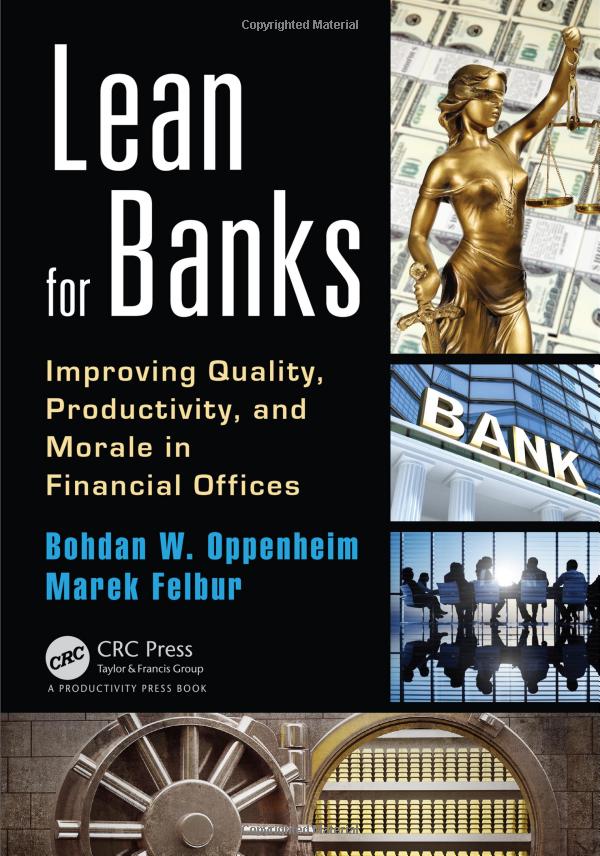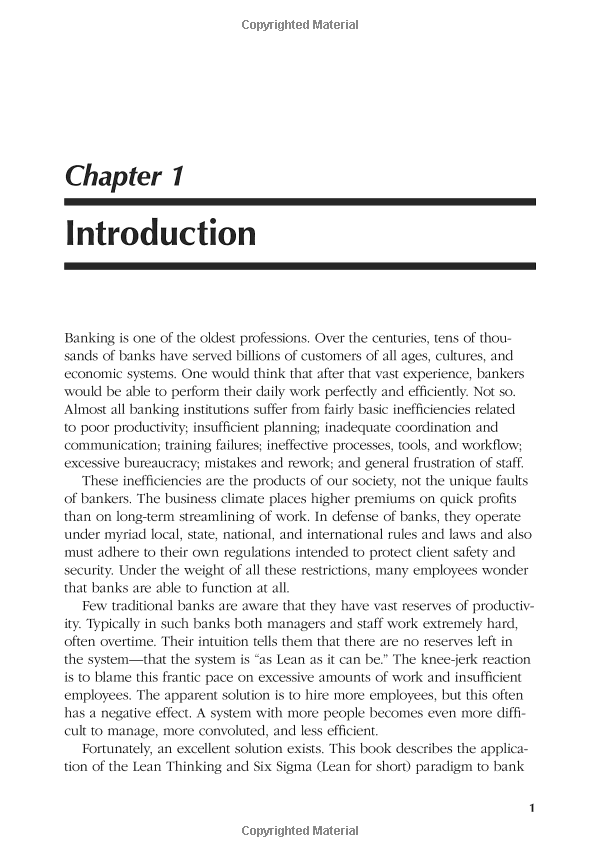Understanding Personal Loans After Chapter 7 Bankruptcy: What You Need to Know
Guide or Summary:Personal Loans After Chapter 7Impact of Chapter 7 Bankruptcy on Credit ScoreOptions for Securing Personal LoansImproving Your Creditworthin……
Guide or Summary:
- Personal Loans After Chapter 7
- Impact of Chapter 7 Bankruptcy on Credit Score
- Options for Securing Personal Loans
- Improving Your Creditworthiness
- Loan Terms and Interest Rates
Personal Loans After Chapter 7
Navigating the financial landscape after filing for Chapter 7 bankruptcy can be daunting, especially when it comes to securing personal loans. Chapter 7 bankruptcy allows individuals to discharge most of their unsecured debts, providing a fresh start. However, it also significantly impacts your credit score and can make obtaining new credit challenging. This article delves into the nuances of personal loans after Chapter 7, offering insights and guidance for those looking to rebuild their financial standing.
Impact of Chapter 7 Bankruptcy on Credit Score
When you file for Chapter 7 bankruptcy, your credit score typically takes a substantial hit, often dropping by 100 points or more. This decline can remain on your credit report for up to ten years, making it difficult to secure loans and credit during this period. Lenders view bankruptcy as a red flag, indicating a higher risk of default. However, it's essential to understand that while your credit score will be affected, it is not impossible to obtain personal loans after Chapter 7.
Options for Securing Personal Loans
After your Chapter 7 bankruptcy discharge, there are several avenues to explore for securing personal loans:

1. **Secured Personal Loans**: These loans require collateral, such as a savings account or vehicle. Because the lender has an asset to claim in case of default, they may be more willing to offer a loan despite your bankruptcy history.
2. **Credit Unions**: Many credit unions are more flexible than traditional banks regarding lending practices. They often consider your overall financial situation rather than solely focusing on your credit score, making them a viable option for personal loans after Chapter 7.
3. **Peer-to-Peer Lending**: Platforms like LendingClub or Prosper facilitate loans between individuals. These lenders may have varying criteria, and some may be more willing to work with borrowers who have a bankruptcy on their record.

4. **Co-Signer Loans**: If you have a family member or friend with a strong credit history willing to co-sign, this can improve your chances of loan approval. The co-signer's creditworthiness can provide the lender with additional security.
Improving Your Creditworthiness
Before applying for personal loans after Chapter 7, it’s advisable to take steps to improve your creditworthiness. Start by reviewing your credit report for errors and disputing any inaccuracies. Make timely payments on any remaining debts, and consider obtaining a secured credit card to begin rebuilding your credit history.
Loan Terms and Interest Rates
Be prepared for potentially higher interest rates and less favorable loan terms when seeking personal loans after Chapter 7. Lenders may impose stricter conditions due to the perceived risk. It's crucial to shop around and compare offers from different lenders to find the best terms available.

While obtaining personal loans after Chapter 7 bankruptcy can be challenging, it is not impossible. By understanding your options, working to improve your creditworthiness, and being proactive in your search, you can find lenders willing to work with you. Remember, rebuilding your financial standing takes time, but with persistence and careful planning, you can regain access to credit and work toward a more stable financial future.